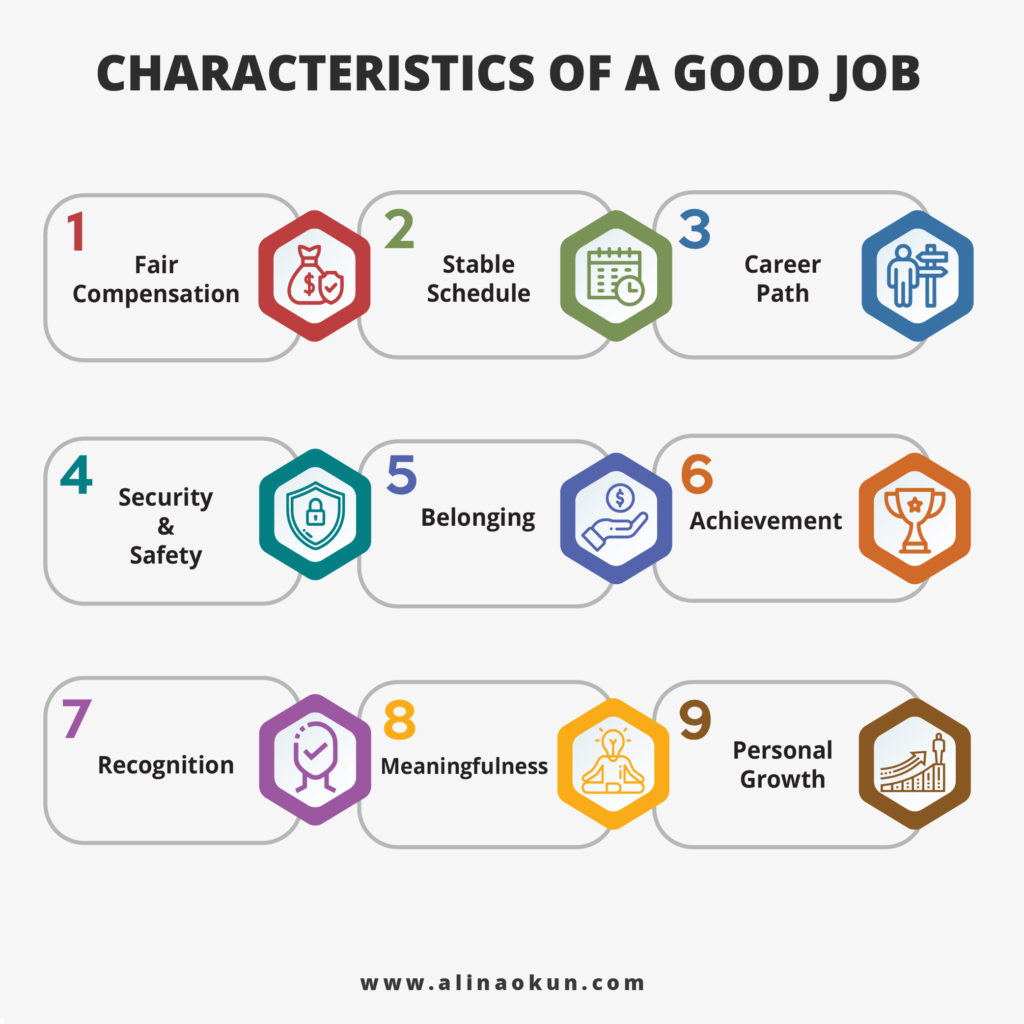How To Stop Treating Your Employees Like Robots?

"The threat that automation poses for employment depends mostly on whether or not we continue to treat employees like robots" is a quote from a new book Humanocracy: Creating Organizations as Amazing as the People Inside Them, written by Gary Hamel and Michele Zanini. Immanuel Kant, a nineteenth-century German philosopher, maintained that we should never treat human beings as tools. These humanistic principles are critically important today.
Gallup's 2019 Great Jobs Demonstration survey showed that only one-third of employees in the U.S. have an opportunity to do their best every day. One-fourth of employees revealed that their companies did not expect them to be innovative in their jobs. Four in five employees do not feel that their opinions matter at work.
These numbers imply that employers do not expect much from their employees. Millions of jobs are perceived as inherently low skilled, making them low-wage jobs. However, contrary to conventional thinking, what makes a job low skilled is the lack of opportunity to grow in the role, not the nature of the work.
Bureaucracies are partially to blame for this misconception. In a bureaucracy, employees are merely instruments or resources employed to develop products and services. In such an environment, employers are always seeking ways to get more and more out of employees to better serve their organization.
Another challenge facing organizations are leaders, who insulate themselves and lose touch with the latest trends or the people who work for them. Senior leaders are also weighed down by their legacies and emotional equity they have invested in their companies. Hamel and Zanini's research found that the average age of a CEO at an S&P 500 company is 58, and the average tenure is 11 years. Many of these leaders formed their assumptions and ideas about how an organization should be run many years ago in the world that no longer exists, and they cannot adapt to the new paradigms.
This kind of leadership will not work when organizations regularly confront a multitude of new problems. As Hamel and Zanini write, "We live in a world of accelerating change, where the future is less and less an extrapolation of the past." Organizations need foresight and ingenuity to tackle unrelenting challenges. Bureaucratic structures demand more from leaders than they can deliver. They want leaders to be superhuman and have answers to all questions. That is not possible.
The authors of Humanocracy proclaim that we need radically new organizational models. To build organizations that are creative, resilient, and innovative, companies must give human beings an opportunity to flourish. Employees should be able to "develop, apply, and benefit from their natural gifts," and work for organizations that are fully human.
One way of achieving that is to turn dead-end jobs into good jobs. Zeynep Ton, an adjunct associate professor in Operations Management at MIT Sloan School of Management, explained what good jobs are in her book The Good Jobs Strategy: How the Smartest Companies Invest in Employees to Lower Costs and Boost Profits.

The companies that have successfully created good jobs and a knowledgeable, inventive, and customer-focused workforce did it by taking the following steps:
- Taught frontline workers to think like businesspeople
- Cross-trained employees and formed small, multifunctional teams
- Gave individual teams accountability for a local P&L
- Paired new employees with experienced mentors
- Encouraged personnel to identify and work on challenging opportunities
- Gave employees time and resources to run local experiments
- Rewarded individuals for doing more than their job required
- Treated every employee as indispensable to collective success
Such actions produce a culture where contribution is valued over rank and innovation over compliance. Hamel and Zanini's advice: "Credibility, courage, contrarian thinking, compassion, connection - that's how you roll."